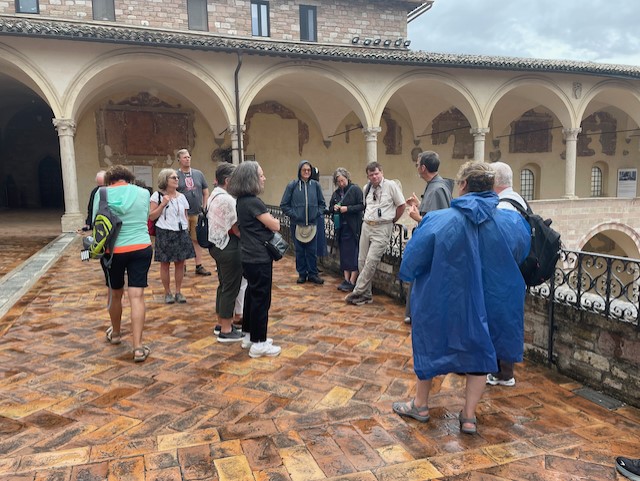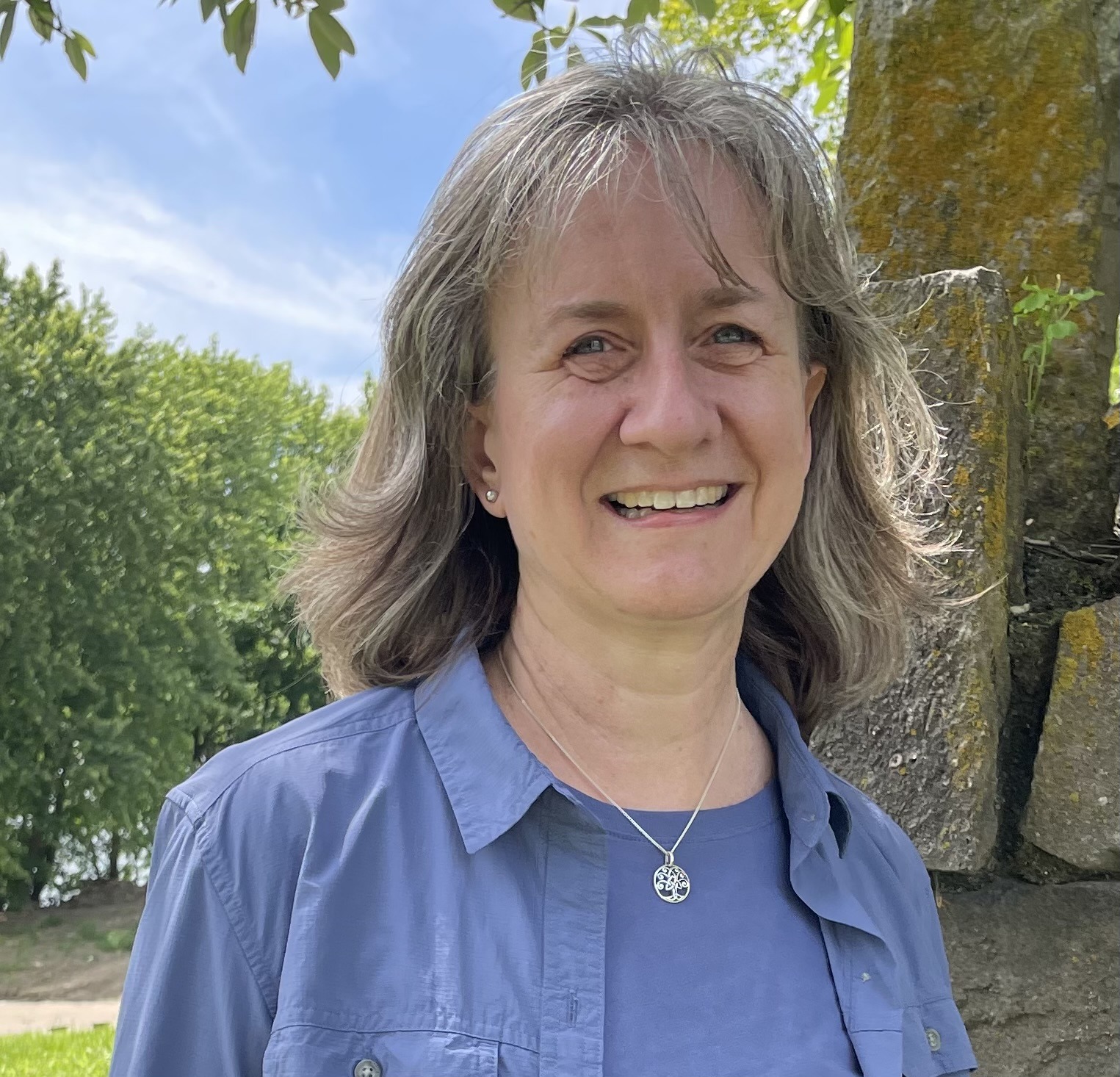
In anticipation of the next Via Divina online pilgrimage, The Harmony Way, pilgrimage director Jamie Noyd will be sharing six spiritual practices of pilgrims over the next weeks before The Harmony Way begins on October 14. Visit the landing page for The Harmony Way for more information and to register.
What story is driving your life today? As humans, we are wired to make meaning and understand the world through narratives that connect the events, people, beliefs, and places in our lives. Neurobiology and neuropsychology are confirming the physical reality of what we have known to be true. We are always living in and creating stories, whether we are aware of them or not. To know who we are as individuals and communities, we must know what story we are part of.
Pilgrimage – a journey taken in light of a story – provides time and space to reflect on the stories in our lives. From Genesis to Revelation we encounter people whom God meets and transforms while they are on a journey (Abraham, Hagar, Jacob, Naomi, Paul). Along the way they become more aware of God’s faithfulness in their stories. As pilgrims we leave behind familiar places and routines, and God opens space to become aware of narratives that have been weighing us down and causing anxiety, along with those that reveal God’s faithfulness, mercy, and love.
God’s story is powerfully portrayed in Psalm 136 where we see the many actions of God on behalf of God’s people, from creation to deliverance and provision of daily bread. Interspersed among God’s acts is the refrain, “his faithful love endures forever.” As we recite these words and this story, we re-narrate our lives. That truest story is one where God is steadfast, loyal, and loving – and his actions demonstrate this.
So what could it look like to become aware of the stories that are shaping us as we walk as pilgrims onto our campuses? To listen to the invitation to journey toward God’s fuller story? This can be difficult when we are still enmeshed in familiar routines, but not impossible.
Often on campus we are defined by our degrees, our research, our minds. Defined by our departments and the committees where we serve. Many of these things are good parts of our stories. Through them we celebrate and explore God’s good creation. Yet, they can quickly become idols and turn our souls from trusting God. Instead of relying on God’s presence in our lives, these other stories tell us it is up to us to succeed and even survive.
In contrast, through the practice of becoming aware of the stories in our lives, we can start choosing to inhabit God’s story and follow the footsteps of those who have gone before. We hear the invitation to return every day to God whose faithful love endures forever as we are freed to love God and love our neighbor on campus and in our communities.
REFLECTION QUESTIONS
Take a moment to recognize a story or two that drives you. What gives meaning to your life?
Read Psalm 136 and take a few moments to ask God what story he is inviting you to live into.
ADDITIONAL RESOURCES
Brewster, Annie. The Healing Power of Storytelling, 2022.
Elie, Paul. The Life you Save May be your Own: An American Pilgrimage, 2004.

Jamie serves with InterVarsity Graduate and Faculty Ministries as an Associate Director of Faculty Ministry and as Director of the Emerging Scholars Network. Among other things, in this work she enjoys the opportunity to put into practice her doctoral research in literary pilgrimage and training in spiritual direction. She also ministers with the local faculty community at the University of Cincinnati.

Leave a Reply